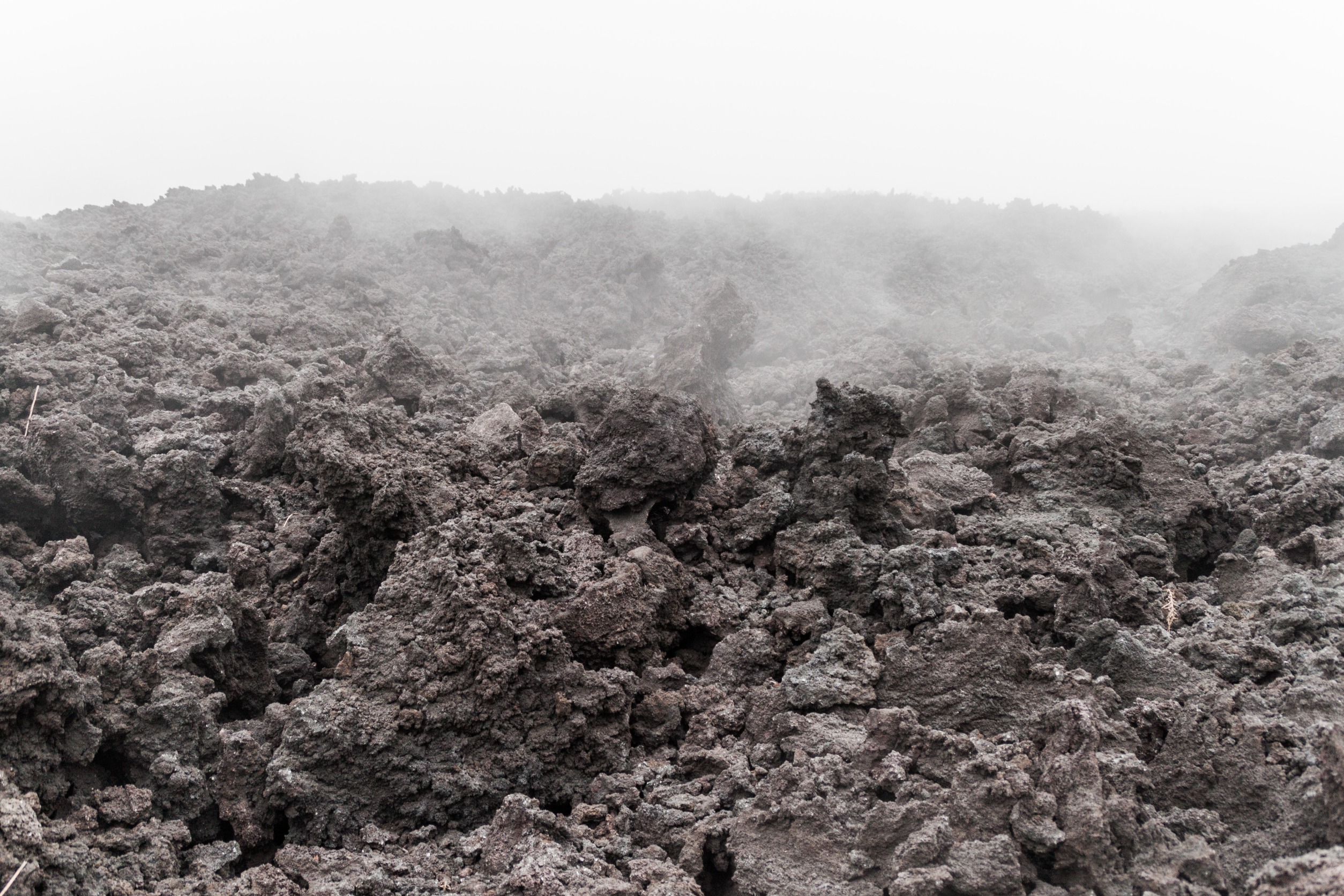Antibiotic resistance is one of the most urgent threats to global health nowadays. In order to find a solution to this growing problem, scientists are searching for new bacteria-killing drugs in all kinds of environments. Recently, researchers have started looking at the layer of mucus that coats the outer surface of young fish. While the mucus itself helps protect fish from harmful bacteria and viruses, academics are more interested in the microbiome it’s home to and the substances it produces. After looking into the different strains of bacteria found in the slime, researchers discovered that some of them proved to be effective in tackling common types of infections like E. coli.
Study: Fish slime could be a potential source for new antibiotics
More of Today's Solutions
Migration of 6 million antelope in South Sudan is the largest land mammal mov...
BY THE OPTIMIST DAILY EDITORIAL STAFF A thorough aerial study in South Sudan revealed a startling migration of six million antelope, establishing it as ...
Read MoreVolcanic ash may be a game changer in sustainable solar energy storage solutions
When calamity hits and volcanic ash blankets the land, it is commonly perceived negatively, for many obvious reasons. However, novel research from the University of ...
Read MoreWind and solar energy production in US surpasses coal for the first time in h...
BY THE OPTIMIST DAILY EDITORIAL TEAM According to the United States Energy Information Administration (EIA), wind and solar energy generated more electricity than coal ...
Read MoreThe Dominican Republic reforests a fifth of the country in just 10 years
In the heart of the Dominican Republic, the dramatic story of land reclamation unfolds. Carlos Rodríguez, a diligent farmer, thinks about the once barren ...
Read More










